Safety Best Practices
KEEPING PACE WITH SAFETY
Tower Climbing Safety Equipment
Safety Best Practices
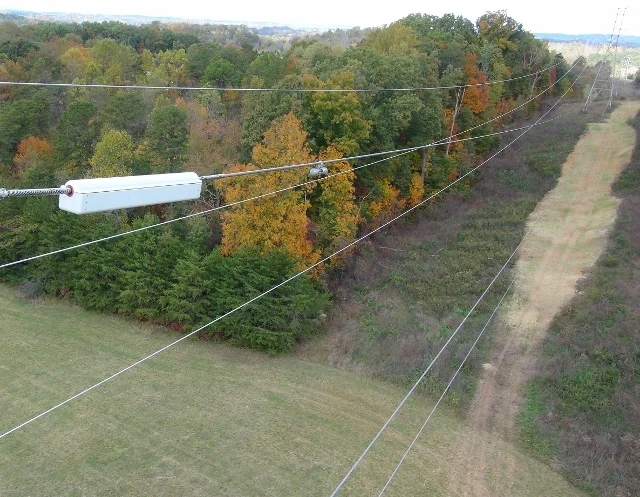
The End of the Road for Transmission Incentives
In a significant shift, the Federal Energy Regulatory Commission (FERC) has decided to abandon its transmission incentives policy, particularly the construction work in progress (CWIP) incentives. This decision marks a pivotal change in how transmission projects are financed and regulated, potentially impacting stakeholders across the energy sector.
Historically, transmission incentives, including CWIP, were designed to encourage investment in the nation's aging and overburdened transmission infrastructure. By allowing utilities to recover costs during the construction phase,...
Related Articles

Tower Climbing Safety Equipment
What powerline technicians must know to stay safe BY JIM HUTTER, Capital Safety Most of modern life is powered by electrical energy, which is why transmission tower work continues to be an integral—yet extremely dangerous—part of the power distribution industry. The Occupational Safety and...

ENHANCING REMOTE WORKER SAFETY
Remote field operations present the safety organization with a myriad of challenges when it comes to ensuring the safety of the people that you send out to work in the field every day. Without a doubt, this includes the line workers, but it also includes nearly every member of the staff whose...

Keeping the Lineman and His Work Site Safe
Line-construction contractors can do their best to train the management, offer safety training and equipment and trust the foremen who are appointed to a job, but it is an inherently dangerous business. Despite all the safeguards, some new linemen say this is what some foremen tell them about...
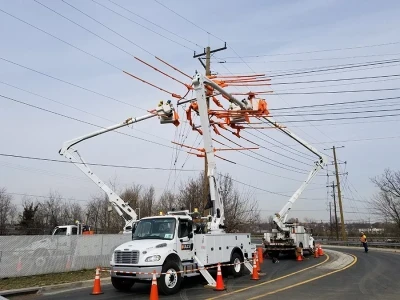
5 Ways to Improve Bucket-to-Ground Communication
Cranes, aerials and bucket trucks are common sights in construction zones and among maintenance crews around our cities. What better way to hoist materials to high places or to move workers closer to the task?When your crew includes an above-ground operator in a bucket or cab, they’re linked...
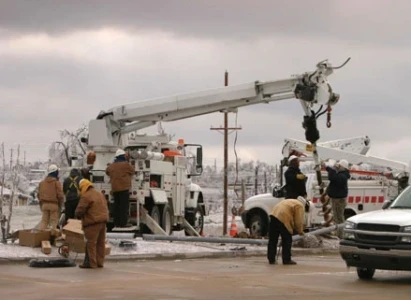
Battery Fires Pose Minor Environmental Risks, ACP Report Finds
Battery fires in large-scale energy storage systems (BESS) have raised concerns, but a recent review by the American Clean Power Association (ACP) found that such incidents pose only minor environmental risks. According to a third-party analysis of U.S. battery fires since 2012, these fires did not...

New York's Path to 8.5 GW of Grid Flexibility by 2040
New York State's transition to a clean, zero-emissions energy grid could include up to 8.5 gigawatts (GW) of grid flexibility by 2040, according to a new report from the Brattle Group. This projection, while contingent on achieving ambitious decarbonization goals, illustrates how the state could...
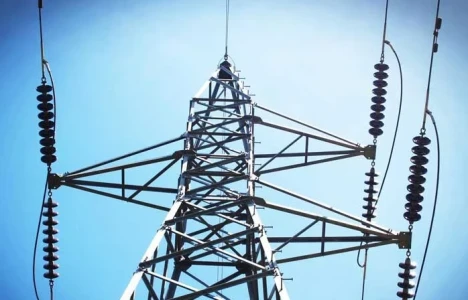
FERC Complaint Targets Duke, PJM Transmission Planning
A coalition of large energy consumers and ratepayer advocates has filed a complaint with the Federal Energy Regulatory Commission (FERC), urging the agency to prohibit transmission owners from independently planning "local" transmission projects exceeding 100 kilovolts (kV). The coalition argues...

12 Tips to Protect Against Common Lineworker Safety Hazards
Lineworkers face numerous risks daily, from respiratory ailments to electrical hazards. These dangers can result in severe injuries, low blood pressure, bleeding, and vomiting. However, by adhering to established safety protocols, contractors and employers can significantly reduce the likelihood of...
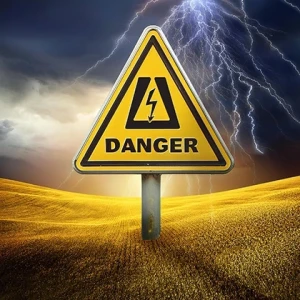
How Dangerous is Linemen Work?
Many occupations pose risks to workers, but few match the dangers that linemen face daily. Linemen play a critical role in maintaining and restoring the power grid, often working in extreme weather conditions, at significant heights, and around high-voltage electrical systems. Their work is...
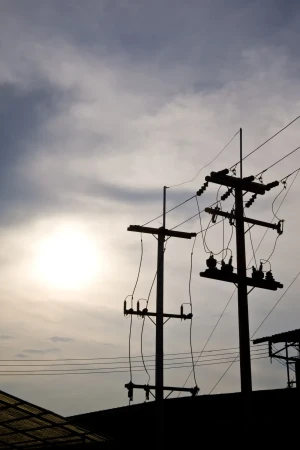
FERC Rejects PJM Transmission Planning Change
The Federal Energy Regulatory Commission (FERC) has rejected a proposal from PJM Interconnection, one of the United States' largest regional transmission organizations, to alter its transmission planning protocol. The decision represents a significant victory for state regulators who had expressed...
